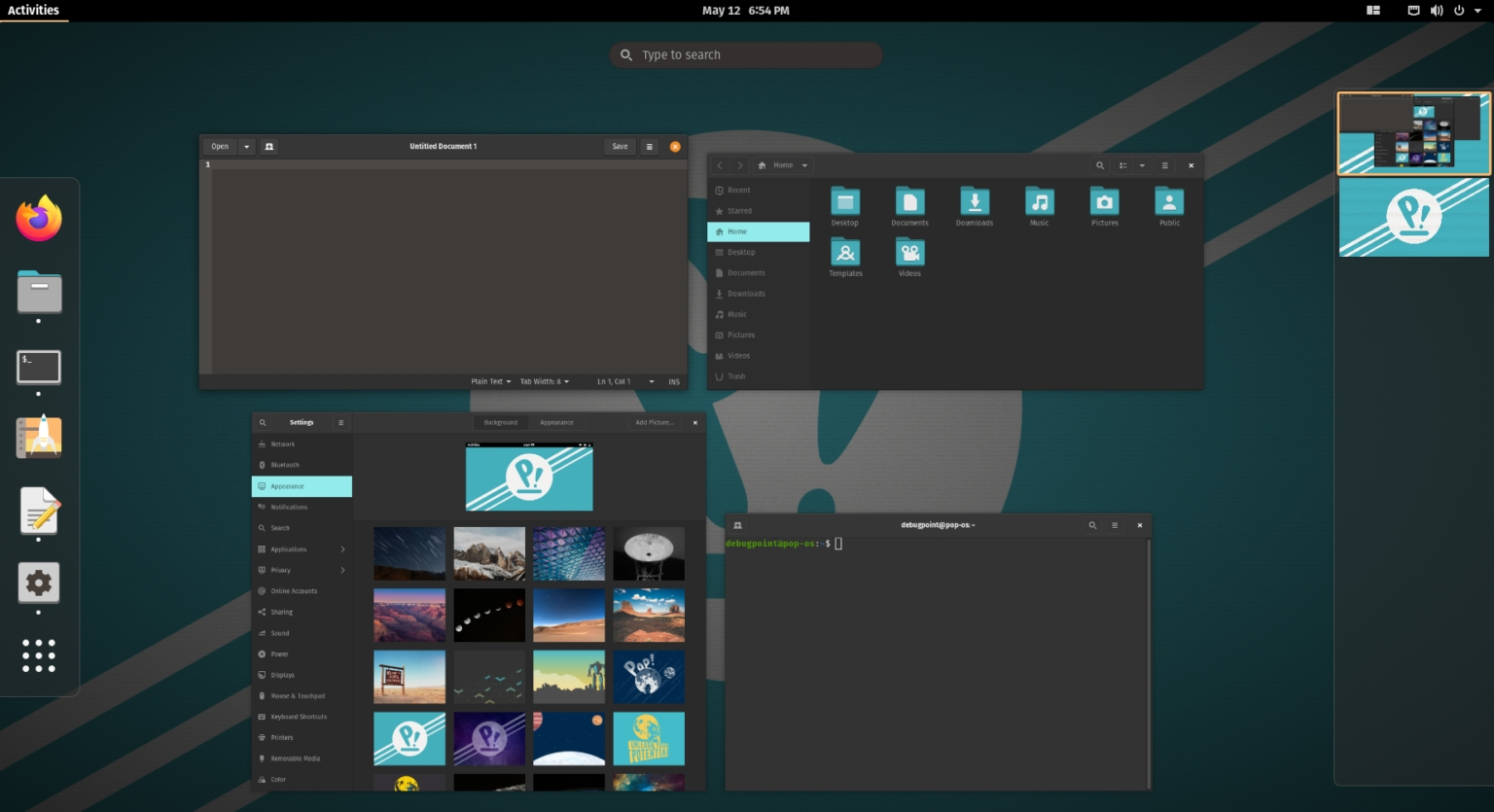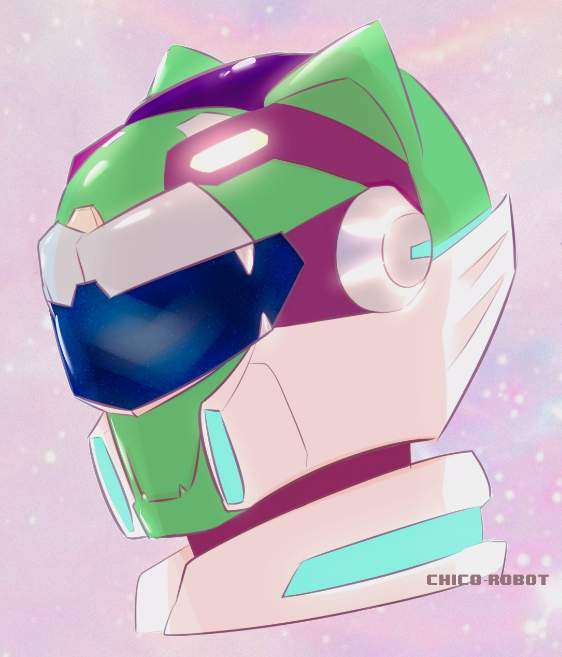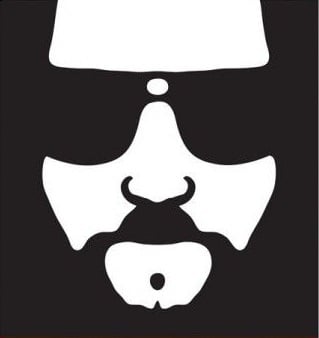Bold to post a meme about OS’s in Lemmy that doesn’t include THAT one.
You’re right, ignoring TempleOS is blasphemy
Imagine that in the last panel, after Perfection, Michael Fassbender adds “I use Arch, BTW”
Arch you say?

Perfection.
Arch you say?

A bit of ChatGPT generated fan fiction that should satisfy even the most die hard [REDACTED] fans
In the aftermath of World War III, Earth found itself in a period of profound reconstruction. Amidst the rebuilding of infrastructure and reestablishment of global communication networks, a significant technological shift occurred—a transition that would eventually shape the future of computing across the United Federation of Planets. The proprietary operating systems that once dominated the computing landscape, Windows and macOS, had their development and support structures irrevocably damaged during the conflicts. Their closed-source nature meant that without the original companies and their specific infrastructure, recovery and continuation of their use became impractical.
In the vacuum left by these giants, Linux, an open-source operating system kernel developed in the early 1990s by Linus Torvalds, began to flourish. The collaborative and transparent nature of Linux’s development made it not only possible but practical for a disparate and recovering world to adopt and adapt it to their needs. Volunteers from enclaves of survivors and later, from emerging new governance bodies, contributed to the Linux kernel, ensuring its evolution and relevance in a rapidly changing world.
As the decades passed, Linux became more than just a stopgap solution; it became the backbone of the new world’s computing infrastructure. The open-source ethos that defined its development paved the way for an era of unparalleled innovation in software. By the 22nd century, Linux had evolved far beyond its initial kernel beginnings into a sophisticated operating system known for its reliability, adaptability, and security.
It was this Linux, enriched by over a century of global collaborative development, that laid the groundwork for what would become the Library Computer Access/Retrieval System (LCARS). LCARS, with its distinctive interface and advanced computational capabilities, became synonymous with the technology of the Star Trek era, used extensively throughout Starfleet and the United Federation of Planets. The principles of openness, collaboration, and adaptability that were integral to Linux’s success were also embedded in the core of LCARS, allowing it to evolve and meet the needs of a vast and diverse galaxy.
Thus, Linux is not merely an ancestor of LCARS; it is its foundation. The journey from the post-war world to the era of starships and space exploration was made possible by the resilience and innovation inherent in the Linux operating system. This legacy of collaboration and openness continues to define the technological landscape of the Star Trek universe, embodying the spirit of exploration and unity that characterizes the Federation itself.
whispers
deleted by creator
Metro was ahead of its time
Lol yea, it’s on the backlog and I somehow ended up on the discord server lmao
Isn’t it just a set of recursive directories… like Linux or Windows but has the most inefficient UI ever conceived?

It sure looks purdy, but widespread implementation could only work on a case by case scenario.
LCARS isn’t an OS, it’s just an interface
Edit: ok, I was wrong, see below
Canon, not really, LCARS is a complete system
IRL, yea unfortunately that’s all we get :(
Well, according to memory-alpha, it’s the “main computing system” and then goes on to describe something f seeming far beyond the scope of what we, today, would consider an operating system as it encompasses far more functionality than a operating system today would. So I concede this one to you as you’re closer to the mark than I am.
Now that’s an interesting thought, maybe we don’t have an LCARS OS because we’re not yet in a “Post-OS” world
Maybe @[email protected] is on to something lol
I’d argue that we simply don’t have (or couldn’t use it if we had it) LCARS because our computing systems are 300 years too architecturally and systematically simplistic to require it. Even in the 23rd century, they used a different computing system, as noted by Boimler when he travelled to the past and nerdgasmed over the “retro” computer systems.
LCARS, as it is presented, is far more than an OS. It manages, at a near-galactic level, all information interactions with all available databases in the Federation, whether on Starships, Starbases, or planets, and all levels of information access and retrieval therefrom and therof. That’s a lot.
One would think there’s an underlying OS layer, but maybe it’s all integrated. Who knows. ¯\_(ツ)_/¯
I have an LCARS set up for my phone. It’s glorious.

Lmao, great minds think alike lolol, although mine is still a WIP since I needed to make some adaptations for my Pixel Fold

Yeah I haven’t properly edited mine in a bit. I’m also mostly using the 25th Century layout, I just switched to original LCARS recently. Probably gonna go back in all honesty. I like the more muted colors. That and, well, I already edited it to my hearts content lol
Seems like it might be good at showing the inputs, subsystems, and outputs of a system.
I wonder of we’ll use something LCARS looking when operating systems and node based AIs merge.
Btw, what was the OS again, that used Postscript for its interface?
There’s probably an i3/sway config file somewhere on the internet for that look.
Edit: This wonderful website has a theme for Windows XP and Windows 7:
https://www.gtjlcars.de/index01.htm
















